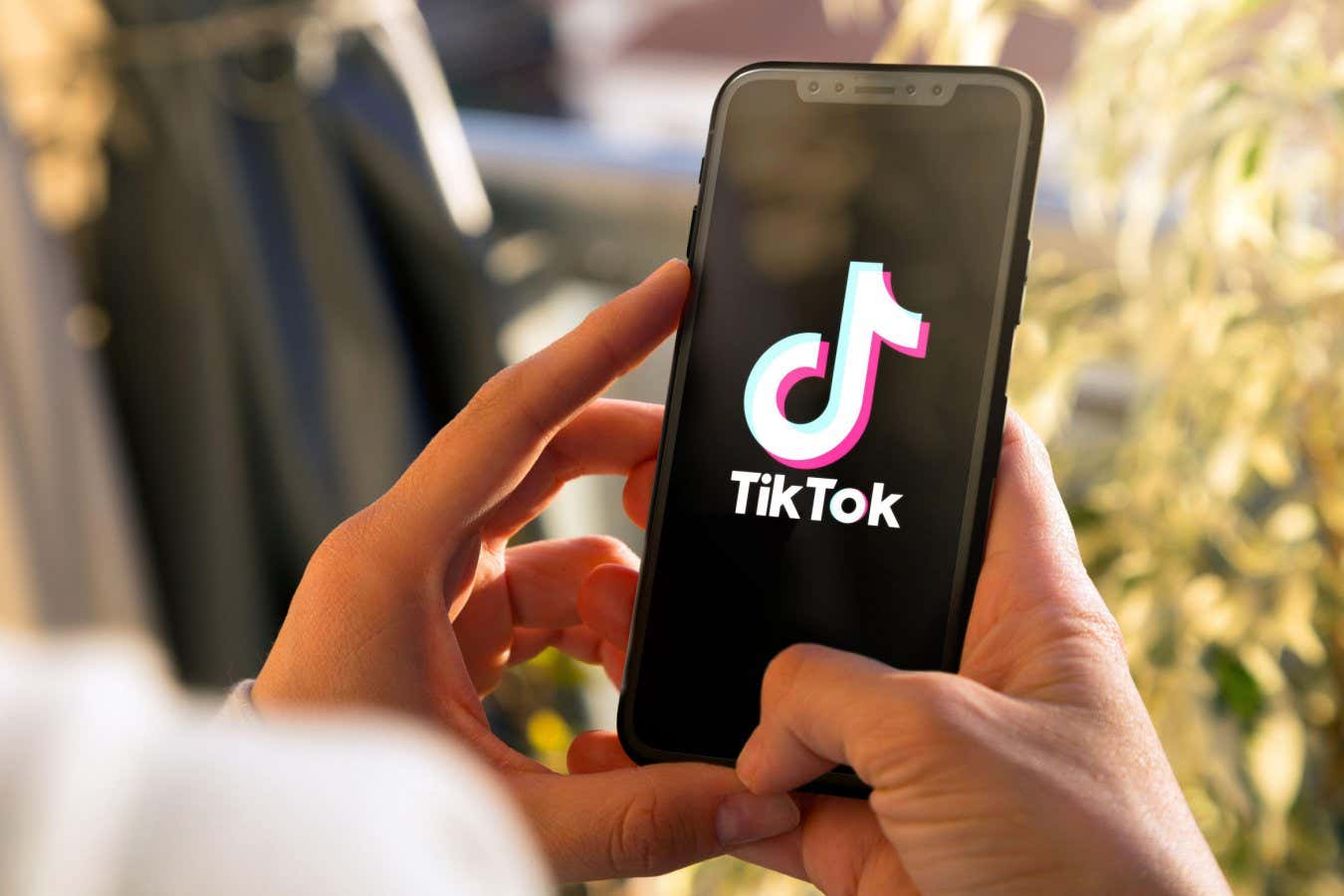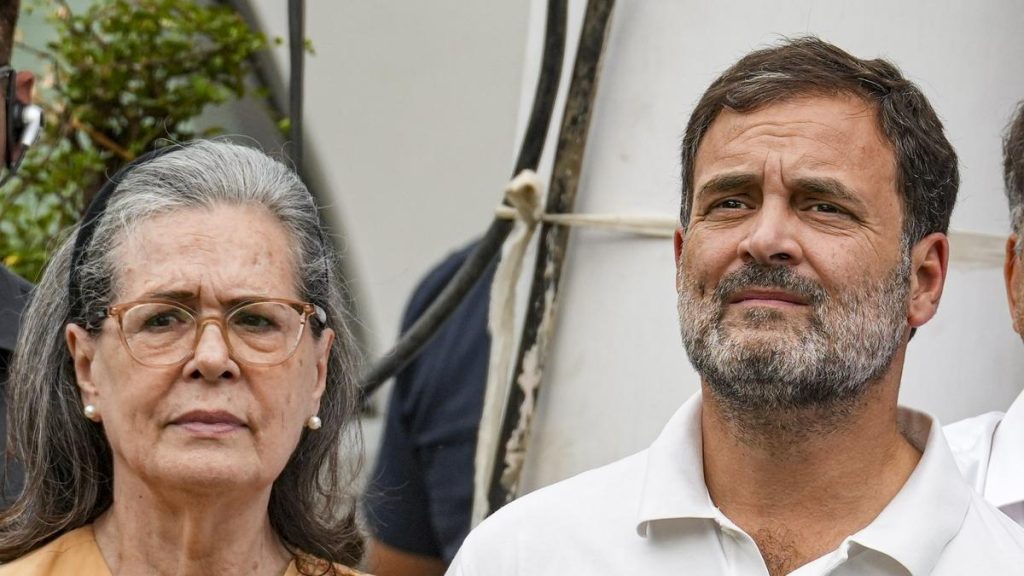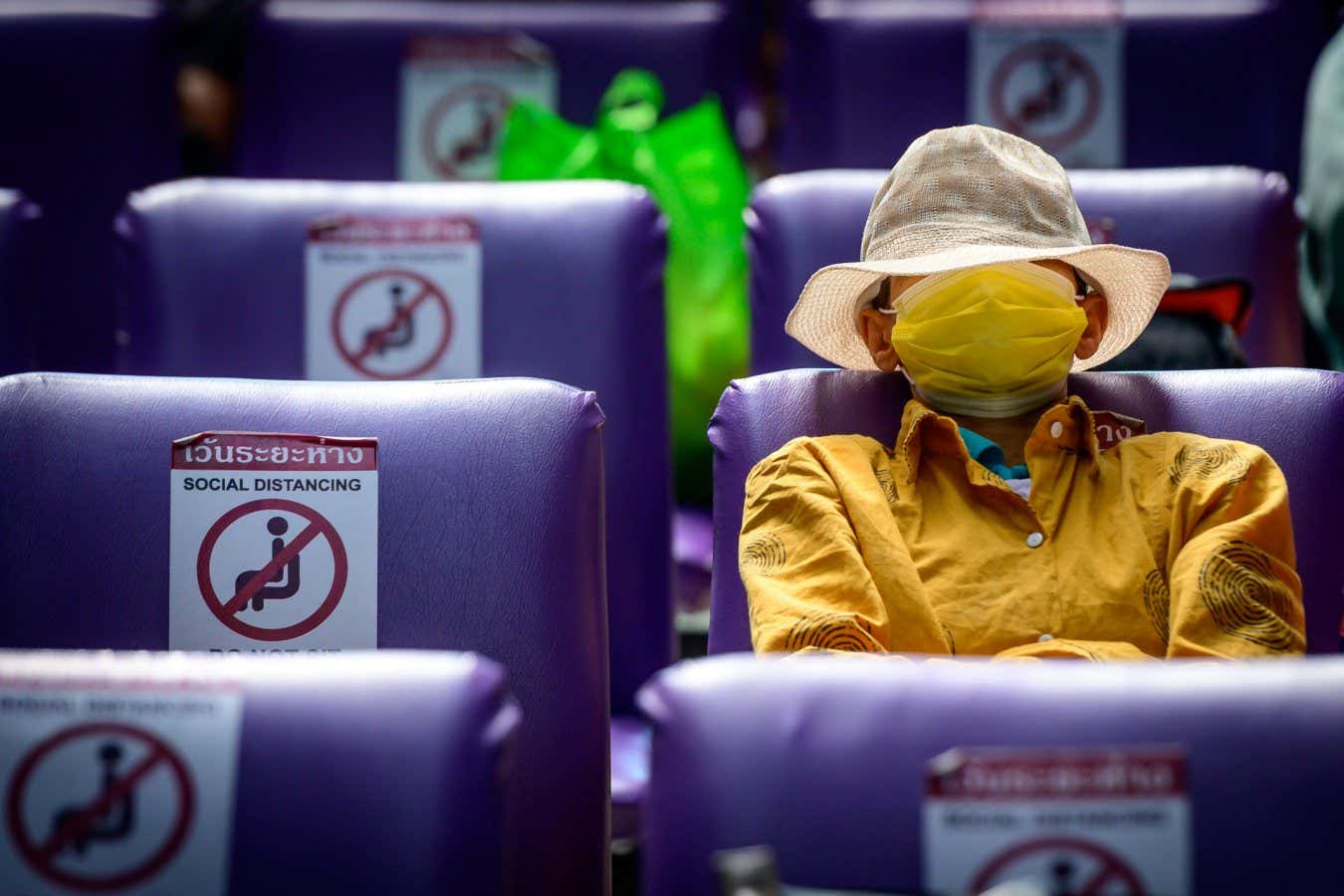Now Reading: Viral TikTok ADHD Videos Fuel Misinformation Concerns
-
01
Viral TikTok ADHD Videos Fuel Misinformation Concerns
Viral TikTok ADHD Videos Fuel Misinformation Concerns

Fast Summary
- The top 100 tiktok videos about ADHD, collectively viewed nearly 496 million times, contain claims often deemed inaccurate by psychologists.
- Only 48.7% of the ADHD-related claims in these videos were consistent with DSM-5 clinical guidelines.
- Researchers found many videos attribute everyday experiences to ADHD rather than actual symptoms defined by empirical literature.
- A study comparing ratings from psychologists and students revealed students perceived misleading content as more helpful despite lower clinical accuracy.
– Psychologists scored accurate content an average of 3.6/5; students rated the same content at 2.8/5.
– Misleading content received a score of 1.1 from psychologists but was rated higher at 2.3 by students due to perceived helpfulness.
- the exposure time spent watching TikTok ADHD-related videos influenced users’ likelihood of recommending them as credible and useful sources of details.
- Experts suggest increasing output from qualified professionals on such platforms and improving critical thinking among viewers rather than banning such misinformative materials.
Image:
!campaign=RSS%7CNSNS&utmsource=NSNS&utmmedium=RSS&utm_content=home”>Read More
Indian Opinion Analysis
The phenomenon described in this article underscores broader concerns about medical misinformation on social media platforms, wich is particularly significant for India given its vast population heavily reliant on digital technologies for health knowledge dissemination.If similar trends exist locally-such as TikTok or equivalent apps promoting unverified mental health information-it could lead to widespread self-diagnosis and misunderstanding regarding psychological disorders like ADHD.
The prevalence of misinformation highlights the necessity for India’s regulatory bodies, educators, and healthcare professionals to engage proactively with online platforms to counteract false narratives with scientifically vetted alternatives. As mobile usage surges in urban and rural areas alike,fostering media literacy among users becomes increasingly crucial-empowering people to discern credible sources while rejecting baseless claims.From a public health perspective,promoting awareness campaigns via the same channels used for misinformation might be strategic in combating inaccuracies comprehensively within India’s context where accessibility barriers persist offline but can potentially be mitigated online.



























